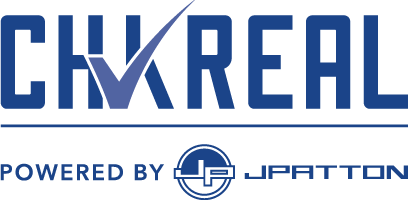What is Counterfeiting?
Counterfeiting is the unauthorized use of a trademark, typically a word, phrase, or symbol, to imitate a brand or product for profit. This crime undermines consumer trust and damages reputable businesses. In the U.S., criminal counterfeiting can lead to severe penalties, including imprisonment and hefty fines.
Scope of the Problem
Counterfeiting is a significant global issue. In Fiscal Year 2024, U.S. authorities seized over 32 million counterfeit items, valued at over $5.4 billion if they were genuine. The problem is fueled by consumer demand, which can lead to unsafe products and contribute to organized crime.
Click here for more stats: Intellectual Property Rights Seizure Statistics
Why It Matters
Counterfeiting poses serious risks:
- Health Risks: Counterfeit goods often contain unsafe materials.
- Financial Risks: Purchasing from counterfeit sources can lead to identity theft and fraud.
- Legal Issues: Buying counterfeit products supports illegal activities.
- Economic Impact: Counterfeiters evade taxes, affecting public services.
- Labor Exploitation: Counterfeit production often involves unfair labor practices.
- Impact on Legitimate Businesses: Counterfeiting harms companies, especially small businesses, leading to job losses and higher consumer prices.
